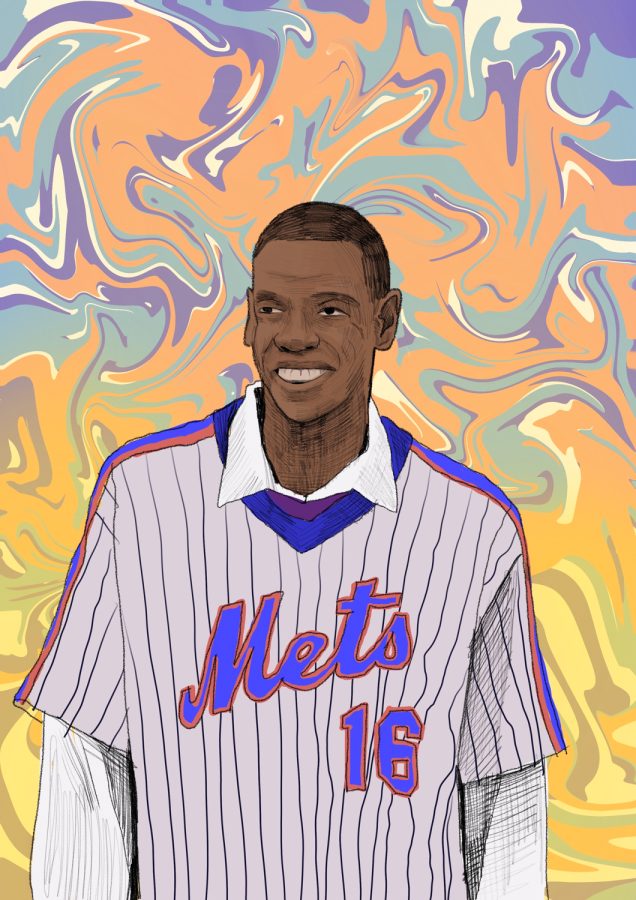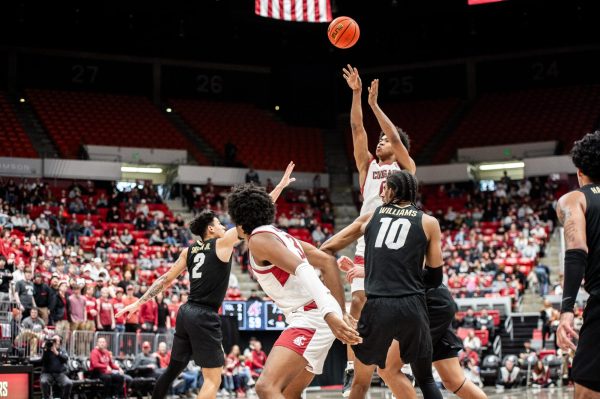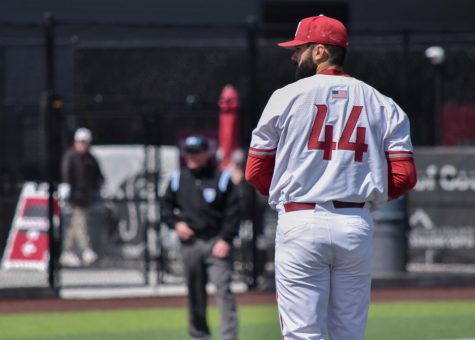Cocaine: the career killer
Doc Gooden, Len Bias on list of athletes affected
November 17, 2022
One of the most common quantifiable reasons that an athlete can have their career come to a premature end is the use and abuse of drugs. From promising high school recruits to tenured professional veterans, drugs do not withhold their wrath from any individual, regardless of status.
A very prominent career-killing drug is cocaine. From the 50s to the present day, it has spelled disaster for a laundry list of athletes.
It is a drug circulating between both athletes and non-athletes.
Two notable athletes that cocaine has had significant effects on are Dwight “Doc” Gooden and the late Len Bias. Gooden was an MLB starting pitcher with a long history of drug-related problems that plagued his playing career, and Bias was a highly touted NBA prospect that was taken with the second overall pick before succumbing to a cocaine-caused death.
When Bias was drafted in 1986, he justifiably wanted to celebrate.
The celebration of Bias went too far, as after taking cocaine, there was something clearly wrong. He stumbled on his way to the bathroom and collapsed because of a seizure which caused his death.
“I’ve been here 10 years and to say this is the saddest, darkest experience of my life would be an understatement. Team members are beside themselves with grief,” said Dick Dull, former University of Maryland athletic director.
It was indeed a tragic loss of talent but also a preventable loss. Teammates and athletic staff were well aware of players using cocaine over the years, as this was not the first time that Bias and his teammates used the drug.
In the testimony of Terry Long in the death of Bias, he said they had previously and consistently used the drug throughout the season.
The death of Len Bias is a tragic tale of the culture of athletes during the 80s and the belief that status came from partying and using drugs. He is not the only athlete that felt the effects of cocaine.
“I’ll regret it the rest of my life,” Gooden said about his cocaine use in a New York Time article.
Throughout his career, he described himself as not being addicted because he never once took the drug before playing a game. Despite his own volition of believing that he was not addicted, signs point to the contrary.
After his New York Mets won the World Series, he missed the championship parade because he was in his drug dealer’s apartment, high on cocaine and highly paranoid.
“Here I am in the projects in a drug dealer’s apartment with guys I don’t even know, with drugs in the house, watching it. It’s a horrible feeling,” he said.
Gooden appeared on Celebrity Rehab in 2011 and was said to come clean after his appearance. Despite “soul-searching” after his appearance and committing to coming clean, his addiction was too strong and relapse was bound to happen.
Once again, in 2019, he was arrested on suspicion of possession of cocaine, a development that proved his addiction to be too strong.
Former teammates have expressed extreme concern about his well-being, notably fellow starting pitcher Darryl Strawberry, who called him out for being a junkie and not actively seeking help for his addiction.
concern from his former teammates alongside his ongoing legal problems based on his addiction, Doc is still adamant that he has his problem under control.
“I am healthy,” Gooden said. “I do have a drug problem. I’ve been an addict most of my life. I am an addict. I don’t hide from anything.”
The people closest to Gooden and his fans hope his problem can be fixed before he loses his life based on his reliance on the drug.
Whether done in celebration or from an ongoing addiction, any drug can significantly hamper the career and life of both pro athletes and everyday people.

















